…and could leave you worse off than before you started. And Three Simple Strategies that really do work.
While dealing with COVID, (check out the blog post on it) I had many conversations with my long-time friend, Dr. J. Thomas Svinarich, cardiologist and functional medicine practitioner. Several conversations focused on how COVID was affecting people with underlying medical conditions. The following article is based on several interviews I did with Tom in May 2020.
If They Can’t, Who Can?
Remember that show The Biggest Loser? Guess how many of the 14 winning contestants, six years later, kept the weight off? At least half, right? Or, maybe, six? Five? Nope.
One. 1
That’s right: one. We all know losing weight is hard but, geez, if being a contestant on a major national show can’t help you keep the weight off for good, what does that say for the rest of the folks out here trying to lose weight without the help of a staff of nutritionists and trainers and psychologists?
How Did We Get Here? Let’s Look at the Numbers.
According to the World Health Organization, in 2016, more than 1.9 billion adults over the age of 18 were overweight. Approximately 13 percent of the adult population was considered obese, which means the worldwide prevalence of obesity nearly tripled between 1975 and 2016. Even more alarming, over 340 million children aged 5-19 were overweight or obese, a rate that has risen dramatically from just four percent in 1975 to more than 18 percent in 2016. 2
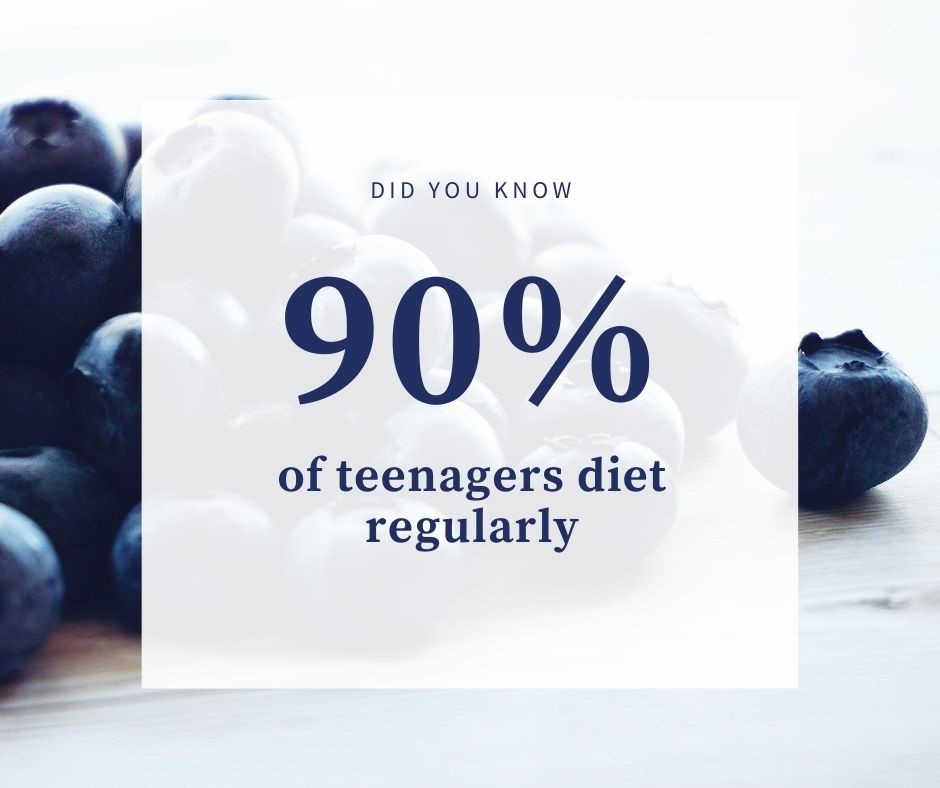
Here’s some more sobering news. Up to 50 percent of women are on a diet at any given time, according to Judy Mahle Lutter in her book “The Bodywise Woman.” And almost 90 percent of teenagers diet regularly, and nearly 50 percent of younger kids have tried a diet at some point. 3
Americans spend more money on dieting, dieting products and weight loss surgery than any other people in the world. According to a 2004 Marketdata survey (the last year it was conducted), Americans spent $46.3 billion on weight loss products. 4
I’m guessing that number hasn’t gone down over time especially when you consider that, according to data published by the University of Colorado, “as of 1990, the average dieting age for girls was 8 years old. That’s down from 14 in 1970.” 5
But here’s the kicker: it is estimated that 90 percent of people who start a diet will give up and gain back all the weight they lost within a year. 5 The question I posed to Dr. Tom Svinarich is: Why?
Here’s the, eh, skinny, so to speak…
The Why
1. Habits, addictions, and psychological issues
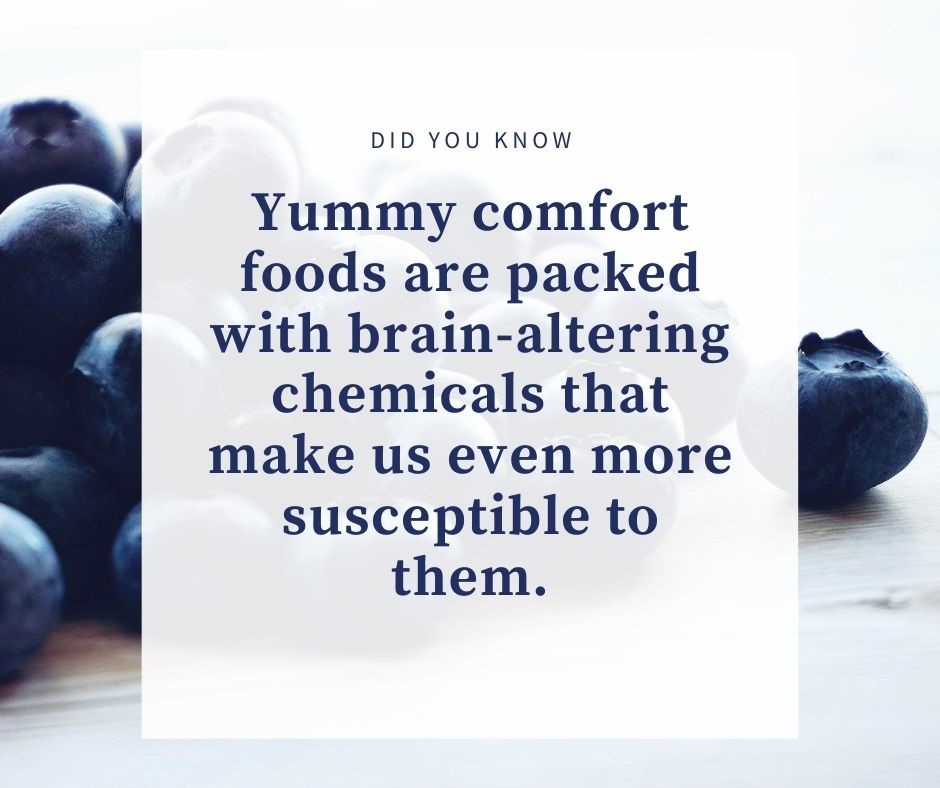
This makes sense, right? If you grew up eating Cocoa Puffs for breakfast and washing down peanut butter and jelly on Wonder bread–maybe some corn chips smashed in between the layers–with Coke-a-cola for lunch, you have some pretty ingrained habits that, quite honestly, border on addiction. Add the absolute ease of throwing a prepackaged meal together and now we’re talking about some serious habits.
While planning and cooking a healthy meal is time consuming, the reality is that processed foods have all but crowded out real, whole foods. Sadly, there are many locations across America considered “Food Deserts”; places where the only food available comes from the Dollar Store or 7-Eleven. Have you ever seen an actual vegetable in a Dollar Store?
2. Social interaction
You may eat fairly well on a normal basis, but head over to a backyard barbeque and what’s the first thing you dive into? Margarita and the chips and guac, followed by a big, juicy burger. Once and a while, this won’t kill you, but when you step back and consider how many of your daily meal choices are centered around social interaction, it gets a bit stickier. Consider those pre-COVID meetings at a coffee shop where you order a caramel macchiato and grab a scone to go with it. Or dinner with friends and shared plates of French fries or nachos washed down with pitchers of beer. You get the idea. Being a part of the pack is essential for humans. What’s killing us is the food that goes hand-in-hand with these interactions because, let’s face it, no one wants to be the buzzkill.
3. Stress
We are a highly driven, stressed out society and we’re not dealing with it in healthy ways. Food and drink are a natural balm to make us feel better. Packaged foods are especially good at comforting us because they are chemically engineered for the peak combination of salt, fat, and sweet. And they are artificially colored and presented in such appealing ways that it’s nearly impossible to say no.
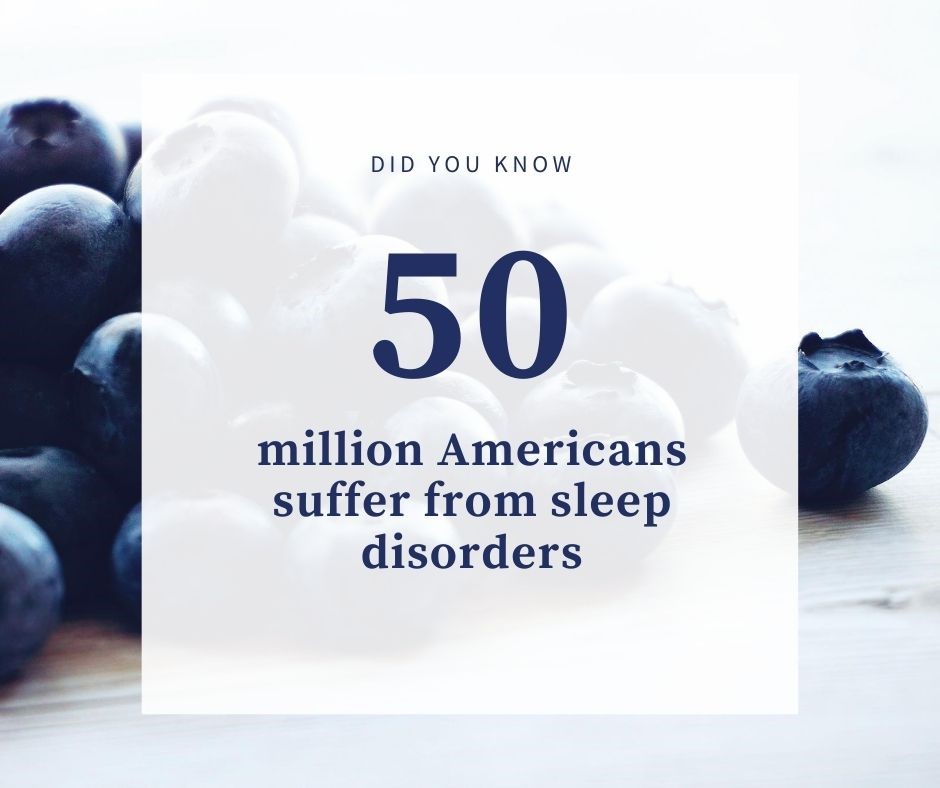
According to Susan McQuillan M.S., RDN, in an article for Psychology Today (June 15, 2016), “What you eat affects the balance of some of the neurotransmitters, such as serotonin and dopamine, that play a role in mood and appetite control.” 7 Basically, she explained, when that balance is out of whack, it can lead to depression and anger—you’re not you when you’re hungry—which then cues you into “self-medicating” with things like cookies, cakes, and that Snickers bar. That there, my friend, is quite the vicious circle.
4. Sleep issues
According to sleephealth.org, more than 50 million Americans already suffer from some 80-plus sleep disorders and another 20 to 30 million suffer from intermittent sleep problems throughout the year. 8 If sleep doesn’t come easy for you, you’re not alone. The big problem with inadequate amounts of sleep is that it messes with the hormones, ghrelin and leptin, that regulate hunger and appetite.
5. Insulin dysfunction/dysregulation
Eating too much food, too much sugar and carbs, too much restaurant and fast food—just too much–will set you up for bigger problems than not fitting into your favorite jeans. The body isn’t made to deal with excess like we’ve seen in the last 50 years, nor has it adapted to processed foods. Today, 70 percent of the calories the average American eats come from three grains: corn, wheat, and soy. These grains are processed and repurposed into packaged foodstuff. “And that’s such a problem,” Tom said, “because what it does is it takes us away from eating foods like vegetables and fruits that are actually grown and instead gives us more sugar and less fiber. Less fiber along with that spike in blood sugar increases insulin levels.”
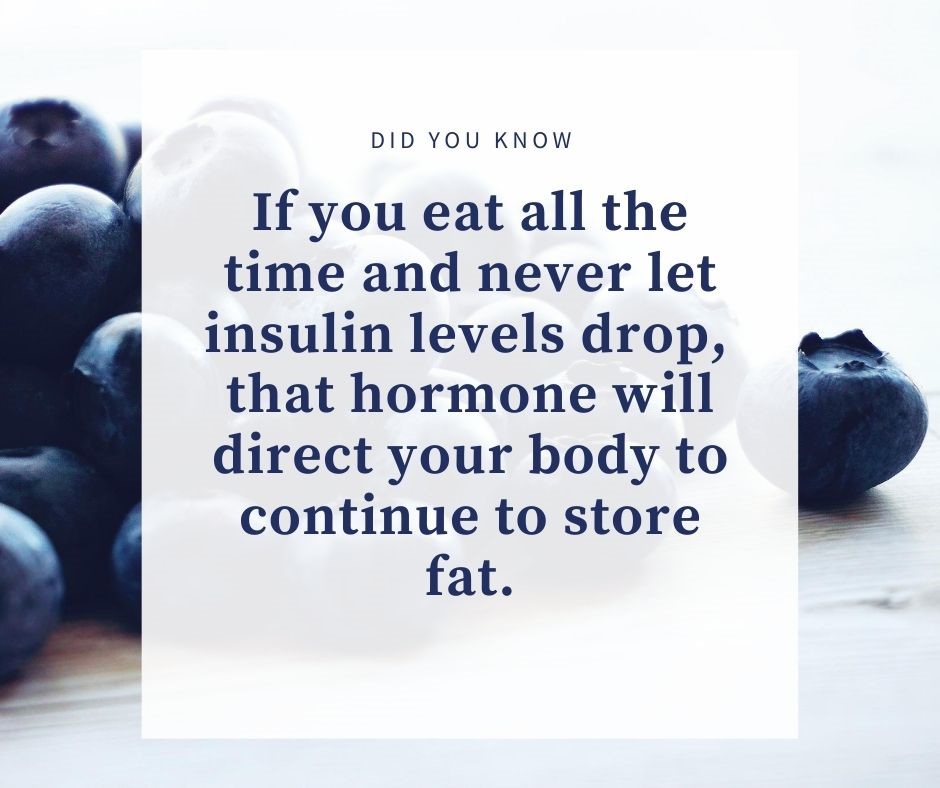
After a meal, insulin will remain high for three to four hours. Insulin is a major workhorse in the body—you really don’t want to over-tax this hormone. Tom explained, “It’s one of the most far-ranging hormones we have in our body. It’s about using glucose. It’s about building muscle. It’s a big deal hormone; there’s a lot going on with it.”
Here’s the kicker: high levels of insulin stop your body from burning fat. In other words, if you eat all the time, and never let insulin levels drop, insulin will direct your body to continue to store fat.
6. Basal Metabolic Rate (BMR)
Also known as metabolism, resting metabolic rate (RMR), and resting energy requirement (RER), this acts to preserve your body when you do something like restricting calories to lose weight.
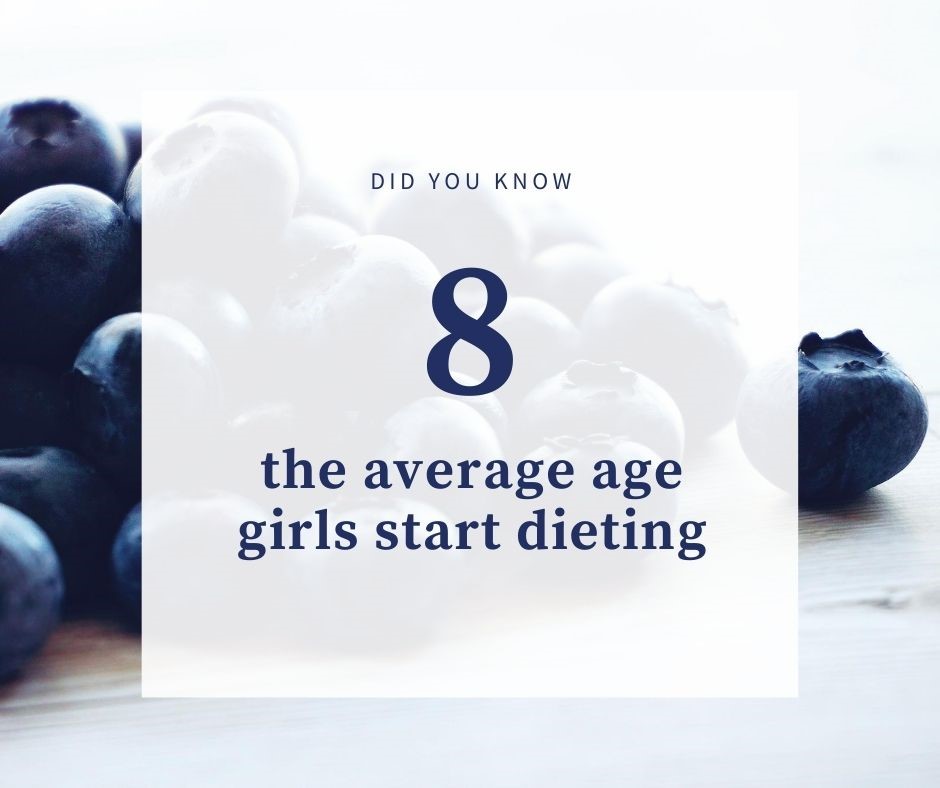
“The body is so smart,” Tom explained, “that it compensates for the reduction in caloric intake by reducing metabolism. When metabolism slows down, you just can’t burn enough calories with exercise. When your metabolic rate falls with a calorie restricted diet, you’re really up against limitations. The more you try to lose weight, the more your metabolism slows down and the less you lose until you finally get frustrated and have a bowl of ice cream and you’re back to where you started.”
7. Loss of muscle
Think about it, your body on a diet doesn’t selectively drop fat only, it takes indiscriminately from fat and muscle. When you lose muscle, your body compensates by dropping your metabolic rate. Then, when you get off the diet where you’ve lost muscle along with fat, and your metabolic rate has decreased because, people, your body wants to keep living, what happens is that you have to workout even harder to burn calories; the old routine that worked before won’t do the trick this time. This gets worse every time you go on a calorie restricted diet and your body lowers your metabolic rate to keep you alive.
8. Microbiome problems
We’re talking gut health here. You’ve seen the commercials for all kinds of medications to control acid-reflux and help calm irritable bowel syndrome. Bringing your microbiome—your gut—back into healthy working order is doable but it requires dedication to breaking free from those prepackaged salt and carb laden goodies and turning to a nutrient-rich diet…which requires tackling issues 1, 2, and 3 on this list.
9. Hormone imbalance
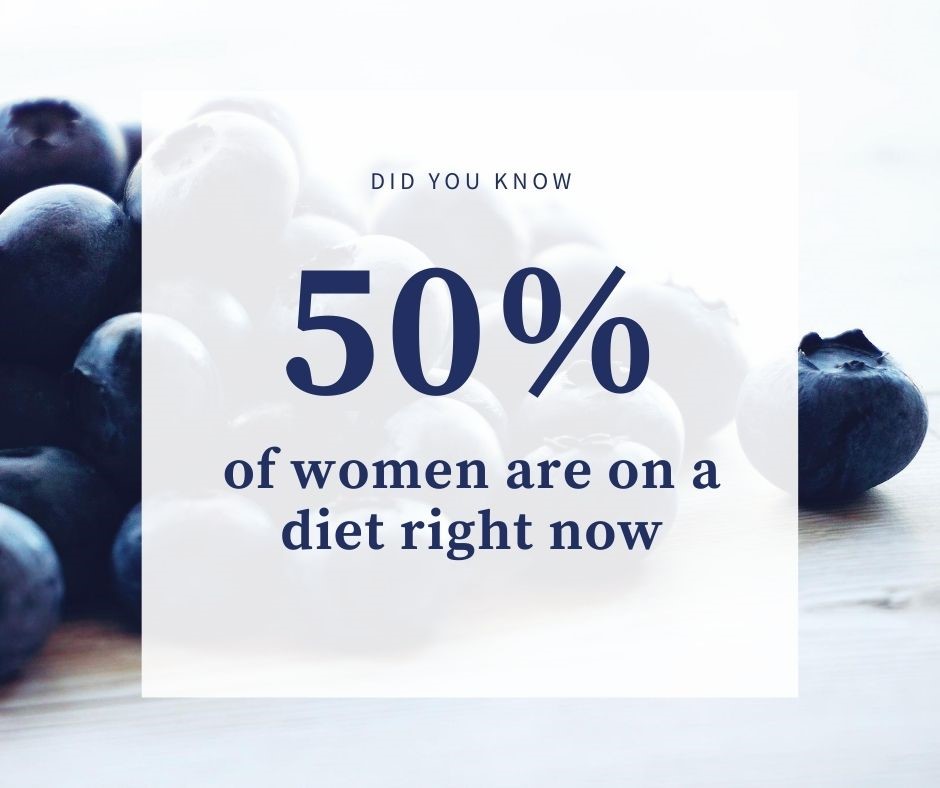
Ladies, this may affect you more than men. The female hormone system is constantly in flux—at least it seems like it is in my body. From puberty to adulthood to motherhood then menopause, we deal with big hormonal changes that throw massive roadblocks in front of our chances to maintain a healthy weight. Men suffer from hormone imbalances too, of course, and need to be checked out for these issues as much as women. For both sexes, detecting these imbalances generally requires blood work to analyze but, if you can get your hormones back under control, it could be a major boast in your ability to achieve a healthy weight.
10. Toxins
Our food is exposed to chemicals that are incredibly dangerous to our bodies. Mercury, cadmium, lead, phthalates, and insecticides, just to name a few, will affect your ability to lose weight. How do you know if this is at the root of your problems? Bring it up with your doc. You’ll need testing to get to the bottom of this but, with proper nutritional guidance, you can learn how to detoxify and prevent further issues.
Well, Then What’s the Answer?
Think of your body as a gas tanker. OK, hang with me here. Tom has a wonderful analogy that explains fat and weight loss.
“A gas tanker,” he explained, “has its own gas tank and it can go for a day or so driving on that gas but will have to stop and refuel at some point. The weird thing is, it’s got all this gas in its cargo area that it can’t tap into. It could go forever on the gas that it’s carrying around, if it could get to it.
“Our bodies work that same way. We have a short-term storage system and we have a long-term energy storage system. The short-term system is based on taking the carbohydrates in our food and turning them into glucose, which is sugar. That glucose can either be used right away or it can be stored. When it’s used in a short period of time, it’s called glycogen.”
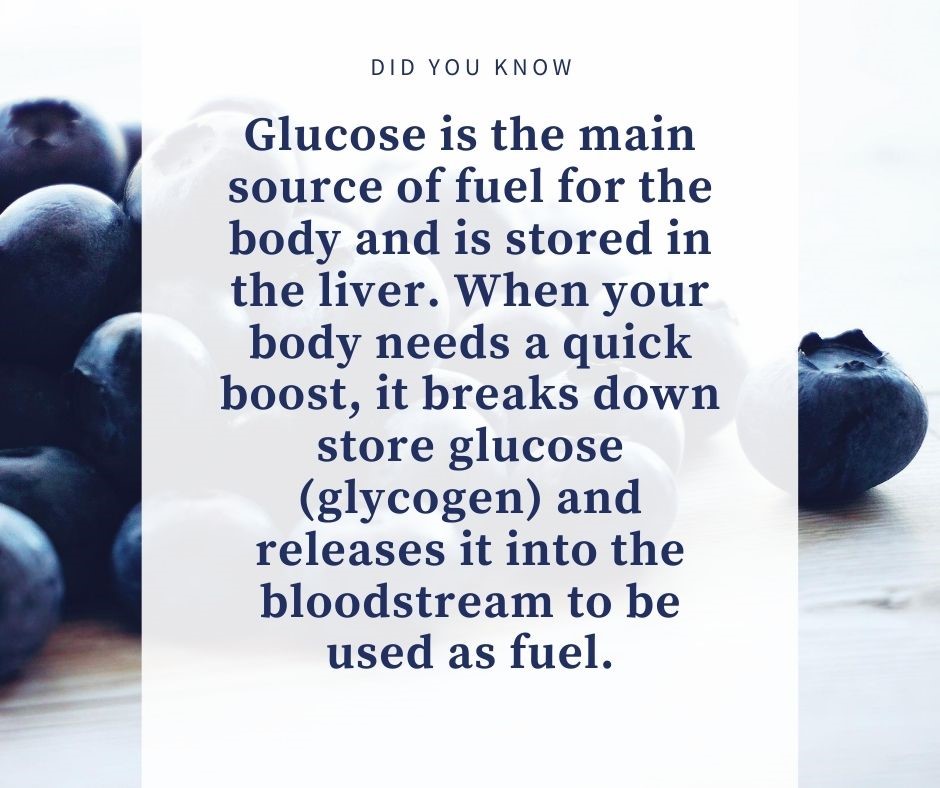
“We think of fat as something that’s not necessary, but it is. You have to be able to burn fat to comfortably have dinner then go to bed and sleep through the night. So, you do use some fat even in the short term.
“But the way the body is made we can’t easily use both systems of fat. Like the tanker, if you want to use the big tank, you have to drain it and put it in the small tank. We’re kind of like that too. When we eat, the extra that we don’t need gets converted to fat and is stored in our fat cells. This is what insulin regulates. When we eat, insulin gives the signals to our body to store the sugar in our cells. But it also gives our body the signal to store and not burn fat. So, as long as insulin is present in our system in significant amounts—and it’s present when you eat—it’s a one-way street for fat in and no fat out.”
If you want to burn the fat from the big tank you’re carrying around, you have to drop insulin levels. The thing is, that’s not something that happens overnight. But there are things you can do to right now to make it possible to tap into that big storage tank.
Three Simple Things That Actually Work
1. Mindful eating / Intermittent fasting
Instead of grabbing a handful of chips while watching TV, actually think about what you’re putting into your body. A food diary might sound like an annoyance, but it is a great step toward mindful eating: if you make yourself write it down, you have to think about it.
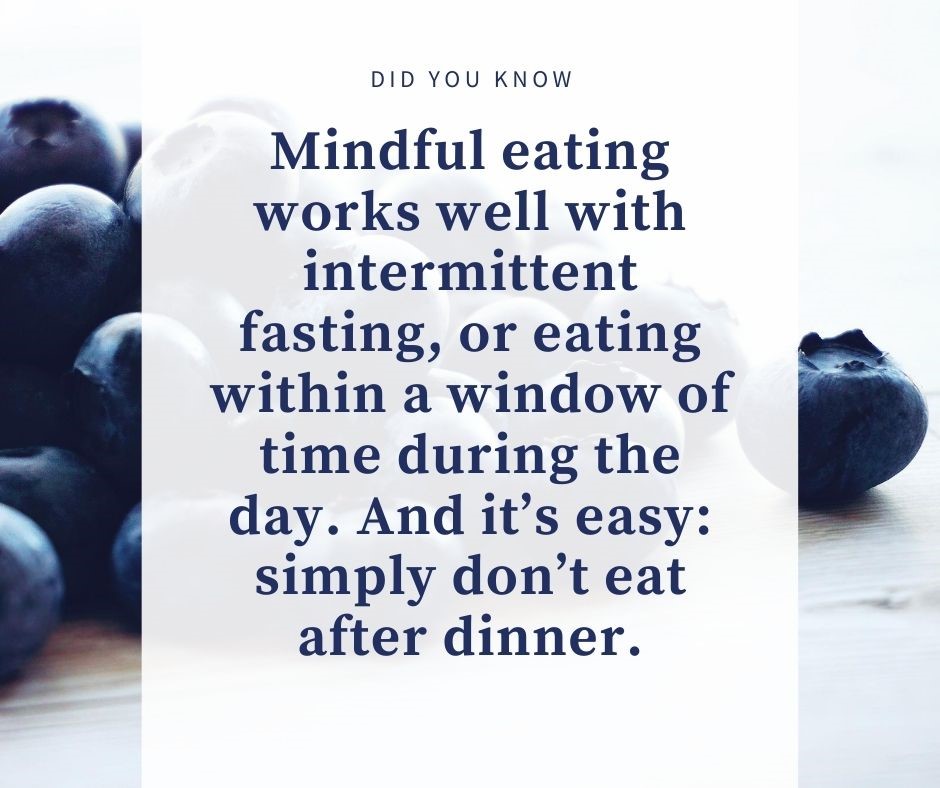
Here’s what intermittent fasting this looks like: Let’s say you have dinner at 6:00pm. DO NOT head back into the kitchen for a snack, that cookie or bowl of ice cream. Let your body work on digesting what you ate. If you go to bed at 10:00pm, sleep a solid eight hours (because you didn’t over-eat so your body is able to relax), and now you’ve gone 11 hours without eating. Excellent. If you’re not hungry when you first wake up, which is something you’re going to learn to control with this technique, try going another hour or two before eating. Most important: when you do break your fast, select real food, not something from a package or something full of useless carbs and refined sugar.
The amazing thing about this is that you are going to prove to yourself that you are in control of what you eat. Think of mindful eating as the first step toward breaking habits and addictions. The long-range benefits are huge and include training your body to be metabolically flexible. More on this in an upcoming blog post.
2. Exercise…take a walk, garden, swim, just get moving
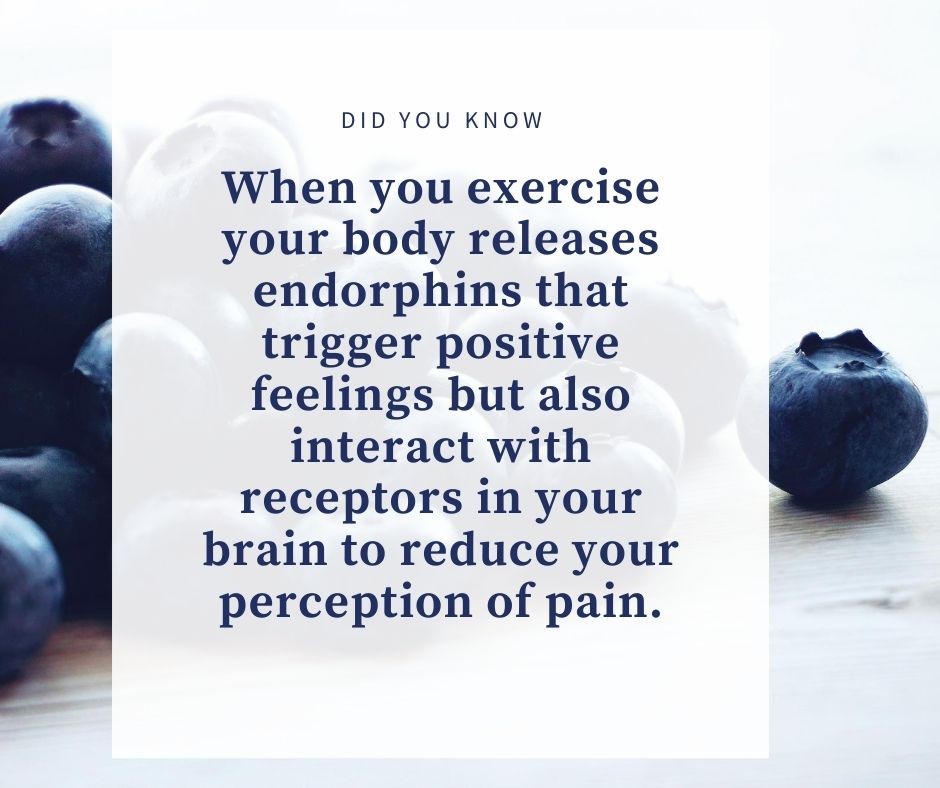
You don’t have to go gonzo and signup for some expensive gym offering high-intensity workouts that make you feel like puking halfway through. You just need to move your body. Yoga may be your gig, or long walks, Pilates, a bike ride. Just move. What you’re doing is waking up your metabolism and rebuilding your body composition. The key to this is building muscle. Muscle burns fat and helps increase your metabolism. When metabolism increases, your body is burning fat, even when you’re not on a treadmill.
Think about body composition rather than weight loss. To see real, lasting change, you have to convert fat into muscle. It’s absolutely fine to have some fat on your body—in fact, it’s rather important—but increasing muscle helps convert your body from fat storing to fat burning.
3. Stop eating processed food. Today.
Your body cannot deal with processed food, but it knows what to do with real, whole foods so give it what it was built to burn.
If you’re like most Americans. you’ve had a lifetime of habitual eating and processed foods are truly hard to avoid. It might be worth going cold turkey on this one: head to your freezer, fridge, and pantry and toss out the foods that you’re addicted to. Or, heck, ween yourself off slowly, replace prepackage stuff with real food. Wake your taste buds to fresh fruits and veggies. Ultimately, you will take control and stop letting food dictate your life.
Oh, and, please, quit that diet before you even start.
ABOUT: Dr. J. Thomas Svinarich and I have been friends since the ’90s. Five years ago, I was diagnosed with multiple sclerosis (MS), an autoimmune, inflammatory disease with no cure. This created a lot of issues in my body, including, my doctors and I believe, irritable bowel syndrome. I went to many specialist and had every known test under the sun—nothing worked, and no one could figure out what was really going on. When Tom incorporated functional medicine into his cardiology practice, I went to see him. It’s been amazing and empowering to know that, though I can’t cure what ails me, I can actually get it under control. Watch for more articles about diet, fasting and mindfulness. And please let me know if you have questions you’d like to pose to Tom.
Contact Rose
Resources
- https://www.today.com/health/biggest-loser-contestants-gain-again-why-weight-keeps-coming-back-t90261#:~:text=Investigators%20at%20the%20National%20Institutes%20of%20Health%20tracked,in%20the%206%20years%20following%20their%20initial%20
- https://www.who.int/news-room/fact-sheets/detail/obesity-and-overweight#:~:text=In%202016%2C%20more%20than%201.9%20billion%20adults%20aged%2018%20years,women)%20were%20obese%20in%202016.
- IBID
- https://www.livestrong.com/article/390541-facts-statistics-about-dieting
- IBID
- Interview with Dr. J Thomas Svinarch, May 20, 2020
- https://www.psychologytoday.com/us/blog/cravings/201606/feeding-your-brain
- https://www.sleephealth.org/sleep-health/the-state-of-sleephealth-in-america/#:~:text=More%20than%2050%20million%20Americans,intermittent%20sleep%20problems%20each%20year.
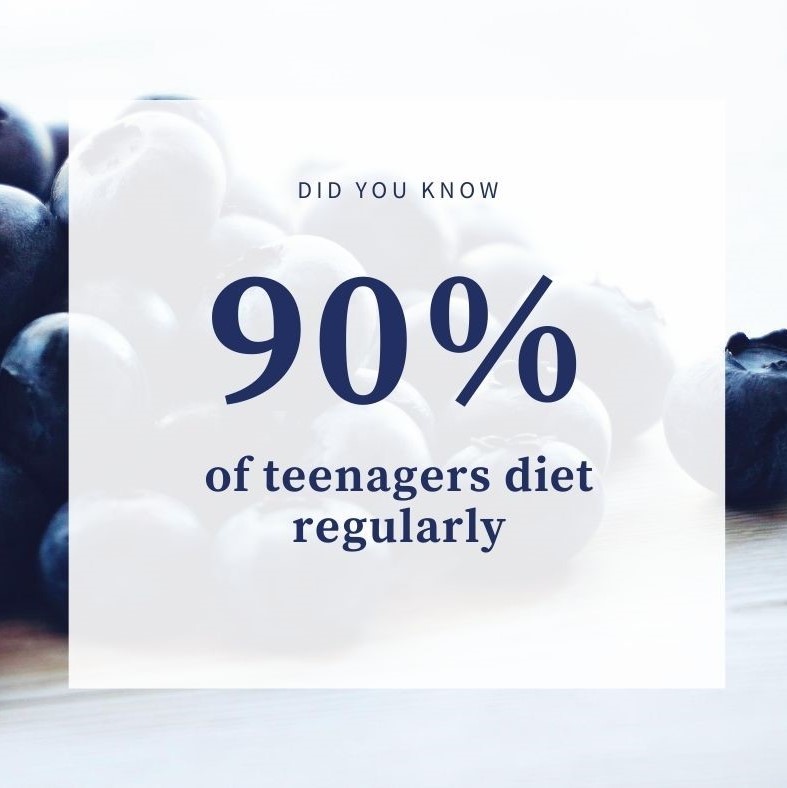
2 thoughts on “10 Reasons Diets Don’t Work”